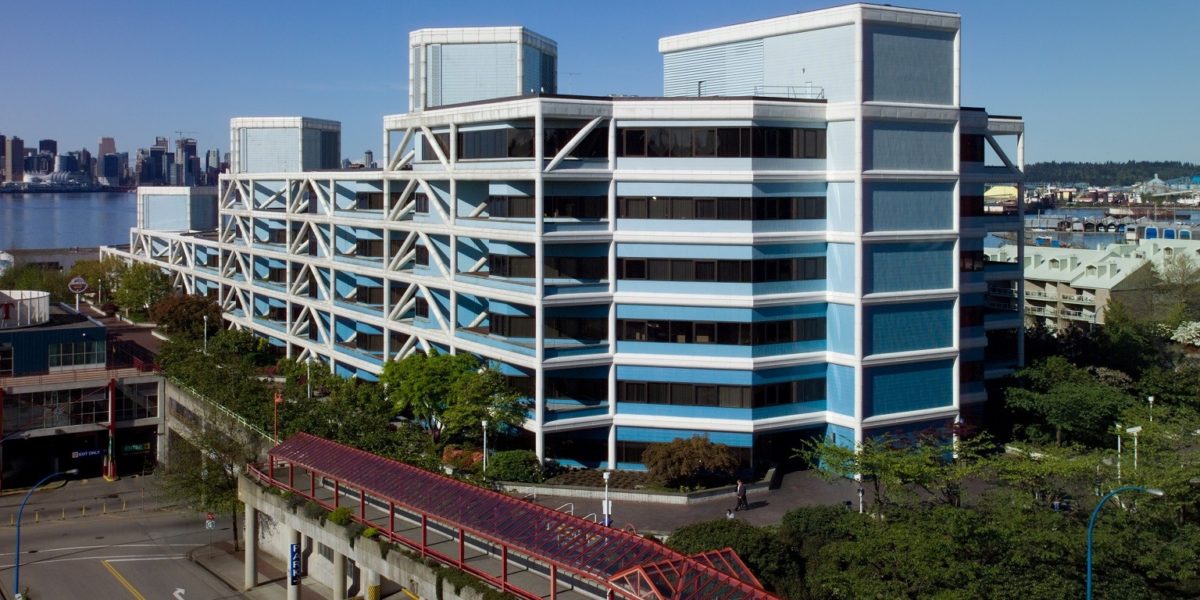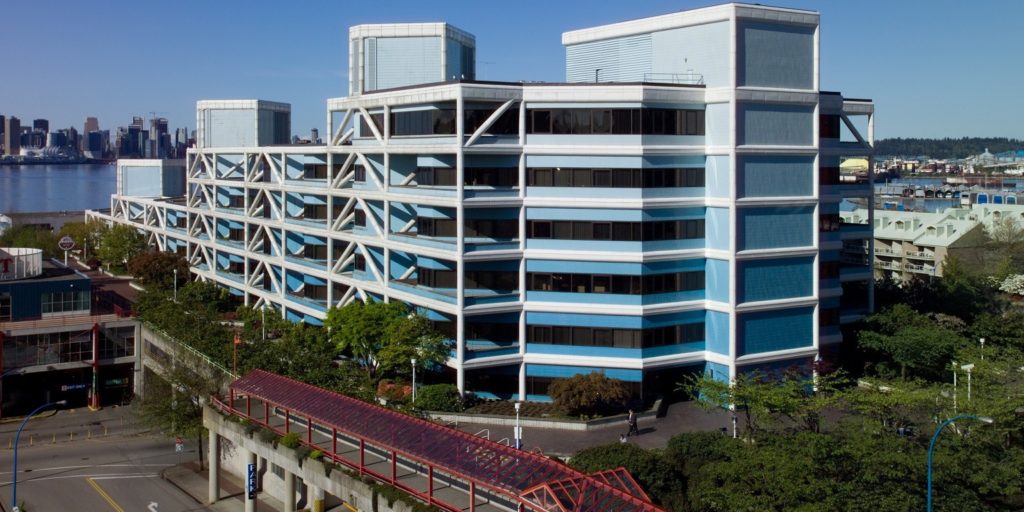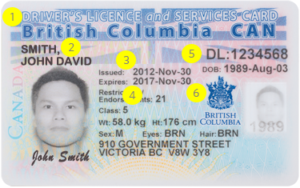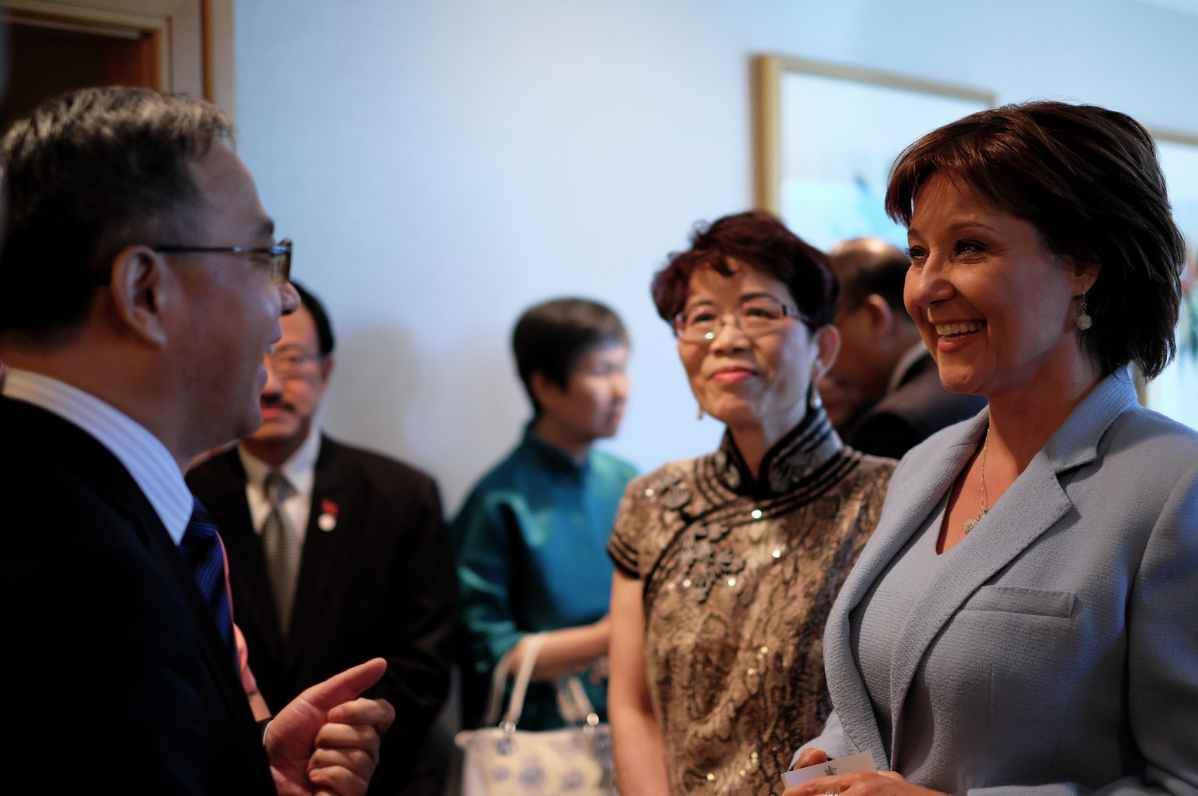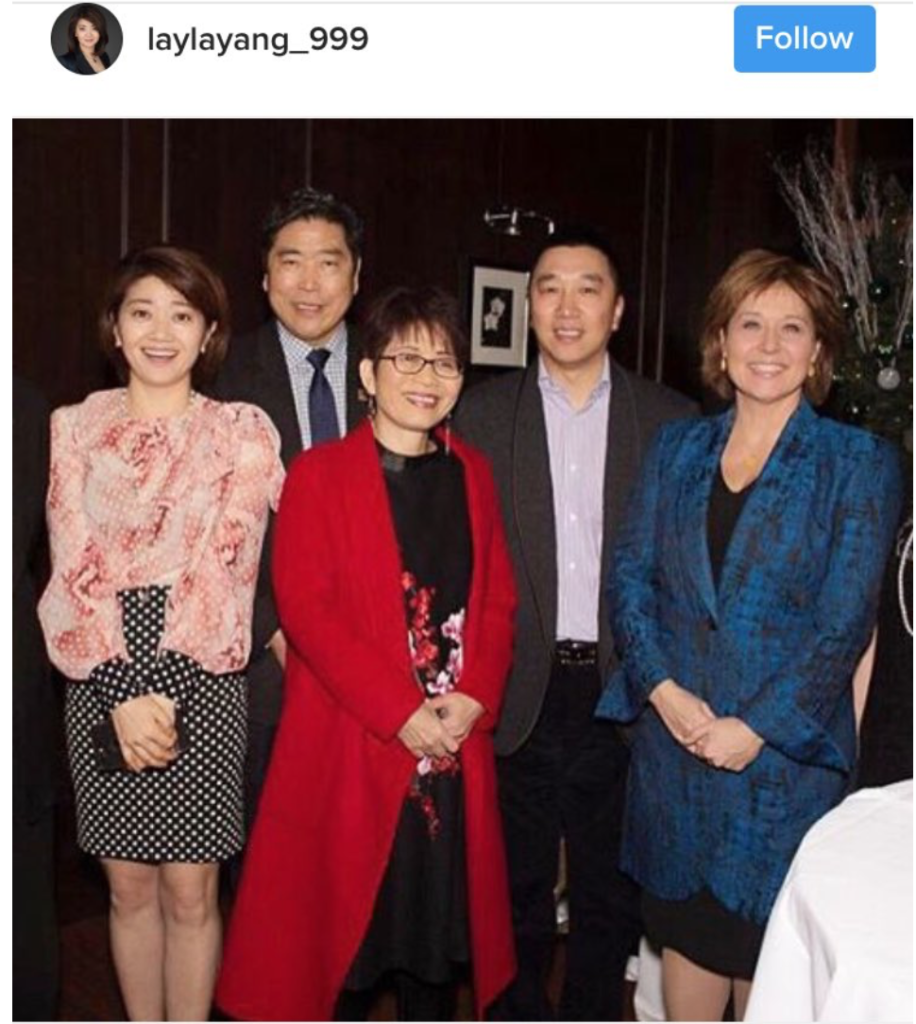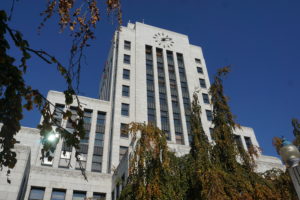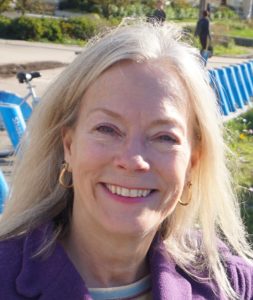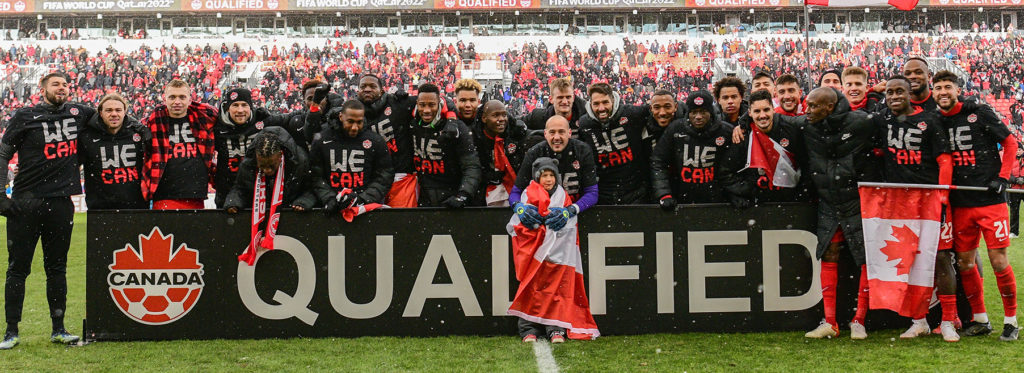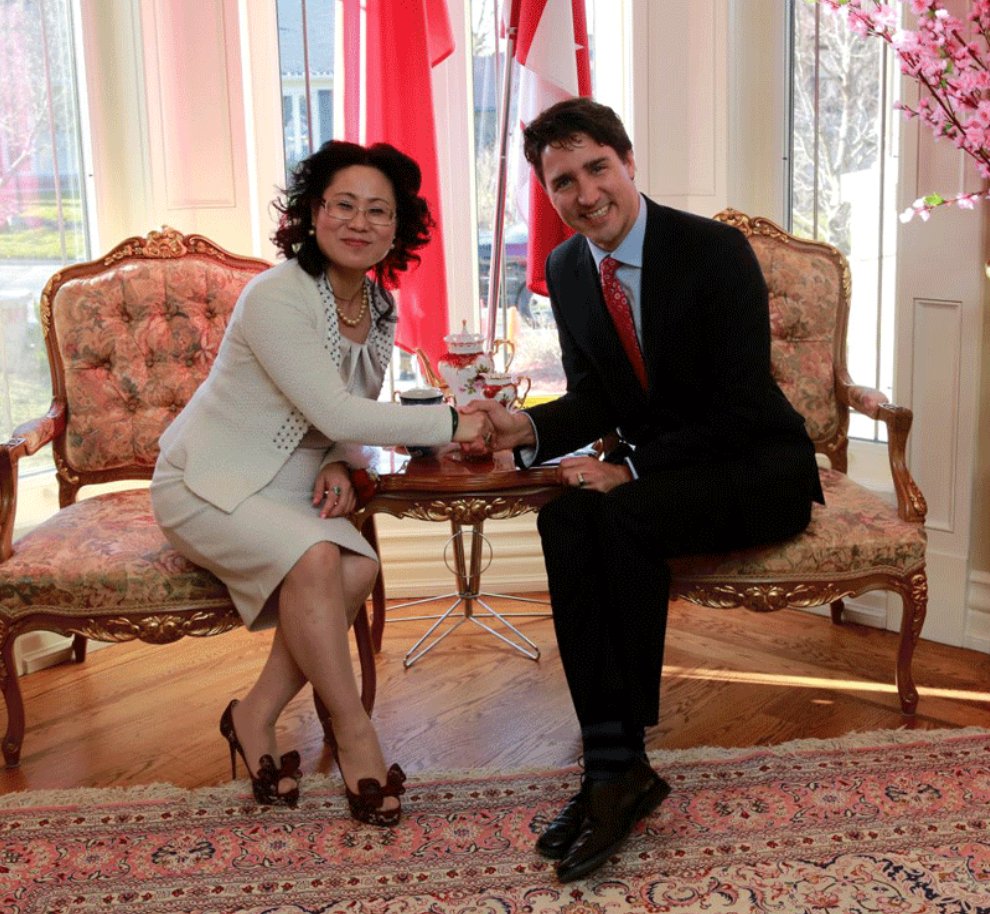Canadian Human Rights Tribunal reserves decision in case alleging RCMP discrimination, bias
Bob Mackin
The lawyer for three members of the Lake Babine First Nation wants a new, Indigenous-led investigation of a former day school teacher who allegedly abused them and $40,000 compensation for each Indigenous person who experienced discrimination by the RCMP. 
The Canadian Human Rights Tribunal heard evidence over 44 days beginning in May 2023 about the Prince George RCMP’s investigation of physical and sexual abuse allegations dating back to 1969. A final hearing was scheduled for July 30, but the parties and tribunal determined it was not necessary. The tribunal has reserved its decision.
Lake Babine First Nation members Cathy Woodgate, Richard Perry, Dorothy Williams, Ann Tom, Maurice Joseph and Emma Williams complained in 2016 that the RCMP violated the Canadian Human Rights Act. Woodgate, Tom and Emma Williams have since died.
“The evidence showed that the RCMP’s traditional investigative methods failed to meet the needs of Indigenous victims of abuse and were executed with biased attitudes during their investigation that commenced with a complaint from [Beverly] Abraham on July 11, 2012 and concluded on May 14, 2014,” said the closing arguments from their lawyer, Karen Bellehumeur. “The complainants assert that the discrimination revealed in this case is systemic in the RCMP.”
Abraham had alleged she was the victim of abuse by a former teacher at Immaculata, a Catholic day school in Burns Lake, in 1969 and 1970. The identity of that former teacher, who was not criminally charged, is banned from publication.
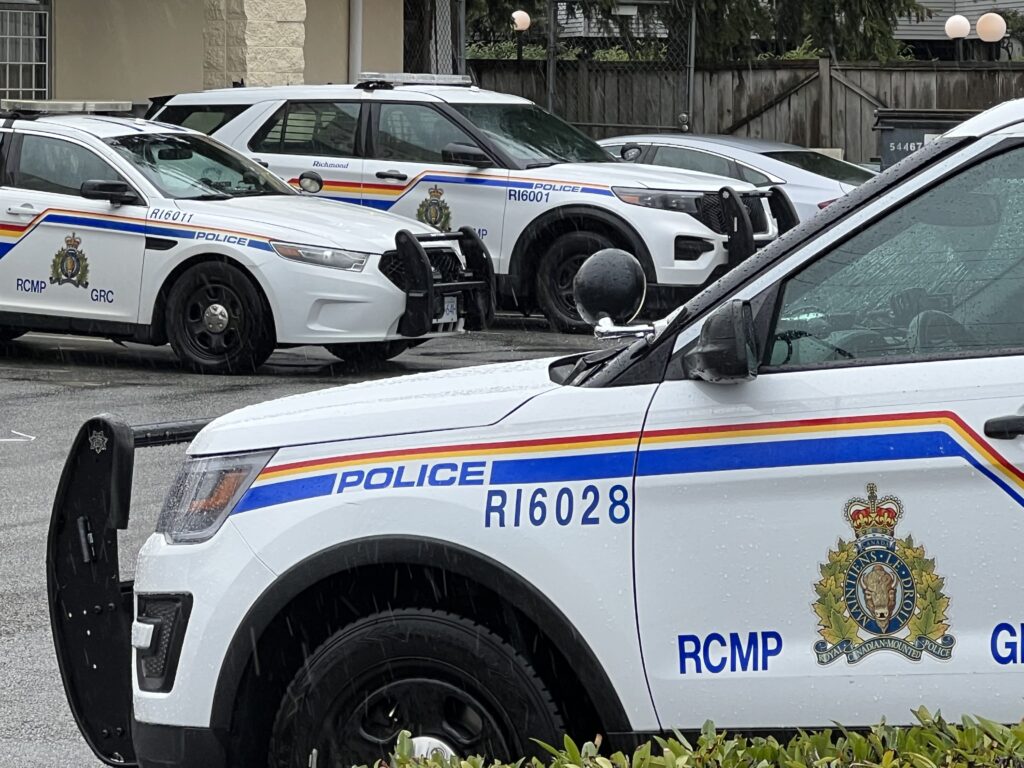
Richmond RCMP (Mackin)
“A complete and thorough investigation would have involved interviewing all of the survivors and witnesses to the abuse in a culturally safe and trauma-informed manner,” said Bellehumeur’s April 5 submission. “It would have involved production orders for class lists, teacher employment records and affidavits regarding abuse allegations. It would have ensured that support was offered to all victims reporting abuse and that information they provided was followed up on. It would have ensured that every complainant who reported abuse was provided the outcome of the investigation, along with an explanation. It would ensure the complainants were treated with respect.”
Instead, according to Bellehumeur, the RCMP made false assumptions about Laura Robinson, a journalist investigating their allegations of abuse, and that the RCMP accepted information from a prominent person and his team without verification.
An investigation without discrimination or bias, Bellehumeur said, “would have involved a careful assessment of the applicable law and policies to ensure allegations of abuse were not dismissed as corporal punishment, a conclusion that can only be based on the false presumption that abuse against Indigenous children was permissible at the time.”
In its final, June 28 submissions, the RCMP said it followed proper procedures and denied that its core functions — investigation and charge recommendation — are a service that is subject to review under the Canadian Human Rights Act.
“The RCMP thoroughly investigated a criminal complaint over 18 months,” said the submissions by Attorney General of Canada lawyer Whitney Dunn. “The interactions they had with the five complainants they spoke with were respectful. While the complainants may be dissatisfied with the outcome of the investigation, that does not mean there was discrimination on a prohibited ground.”
The RCMP filing admitted the Mounties’ historical actions have eroded the trust of Canada’s Indigenous peoples and caused generational harm, but the force is working to rebuild trust and establish respectful relationships. It has enhanced its recruitment, staffing and retention policies, forged partnerships with Indigenous groups with the goal of reconciliation, and added cultural awareness and trauma-informed methods.
In September 2022, tribunal member Colleen Harrington ordered that only the initials “A.B.” be used in reference to the former teacher, “in all documents and pleadings filed with the tribunal, and in all tribunal rulings and decisions, until further order of the tribunal.”
The publication ban extends to information that would tend to identify A.B. (or family members), including A.B.’s birthdate and country of birth, province of residence, relatives, honours and past or present occupations.
“The need to prevent disclosure of A.B.’s name to alleviate the risk of undue hardship outweighs the societal interest in full court openness in the circumstances of this case,” Harrington concluded.
Support theBreaker.news for as low as $2 a month on Patreon. Find out how. Click here.
Bob Mackin The lawyer for three members of







